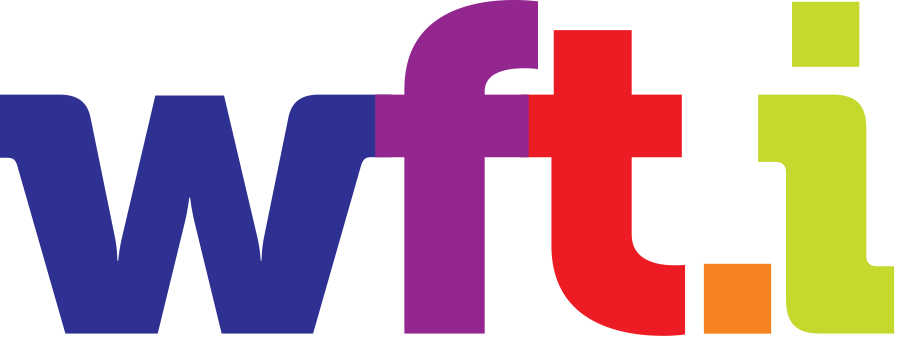
The Women’s Media Summit, a group of more than 100 leaders from various industries, has issued a white paper outlining a plan of action for “eliminating gender inequity in U.S. entertainment media.” One of its strategies is to “boycott films that score poorly on gender equity.”
Content taken from Deadline LA:
Women’s Media Summit Calls For Boycott Of Movies That Snub Female Filmmakers
Contd…
“Women hold only 3% of above-the-line and greenlighting positions in the media industry and are vastly underrepresented as protagonists and lead characters in film and television,” according to the white paper (read it here) in film, “Women hold only 17% of influential positions behind-the-scenes as directors, writers, producers, executive producers, editors, and cinematographers. This means that four out of five influential positions creating Hollywood blockbusters are held by men.”
The document lays out seven strategies to address this gender gap:
Litigation against gender discriminatory practices;
Lobbying policymakers at the federal level to address persistent gender discrimination in entertainment media;
Tax credits to encourage the hiring of more female filmmakers;
Development of a financing network for female filmmakers (Media Incubator and Marketplace);
Development of a promotion fund to advertise films made by women (FundHer);
Marketing to educate the public about the issue of gender discrimination in Hollywood;
A consumer campaign to encourage viewers to vote with their dollars for gender equity in Hollywood.
“The first two action plans use government leverage to reform the media industry by compelling better oversight and possibly, incentives, from the judicial, executive, and legislative branches,” the white paper states. “The next three action plans use financial leverage to increase the number of female content producers. The last two action plans leverage the public to reform the industry through increased awareness of the problem and getting viewers to pressure the industry to hire and feature more women through consumer activism.”
The white paper sprang from the April meeting of the Women’s Media Summit in Provincetown, MA. Two new programs were created in the wake of the summit: the Women’s Media Action Coalition, which will oversee implementation of the seven strategies, and GradeMyMovie.com, a tool for consumers to reward films with crews that include women and people of color in key storytelling positions.
One of the goals is to draft model legislation to offer tax incentives to production companies that hire women above and below the line, and within five years, to pass legislation for a female filmmaker tax credit in at least 10 states. Illinois already has established tax credits for racial and gender diversity in hiring, and New York and California are considering similar legislation.
Another goal is to have production companies adopt a labeling system, similar to the “No animals were harmed in the making of this film,” but for equitable gender representation behind-the-scenes and on the screen. Another is to cultivate two million activists that regularly use GradeMyMove.com to “boycott films that score poorly on gender equity” and “encourage viewers to vote with their dollars for gender equity.”
“A lot of smart people have been working on gender injustice in entertainment media for decades, but progress has been slow and stagnant in recent years,” said Caroline Heldman, co-author of the document and an associate professor of politics at Occidental College. “This white paper provides the blueprint for a new national movement to demand an equal seat at the table for women in entertainment media.”
Heldman, who once was a frequent on-air guest at Fox & Friends, alleged in a written declaration last month that a top lieutenant to the late Fox News founder Roger Ailes sexually harassed her for more a year.
Orange Is the New Black star Alysia Reiner, who was the summit’s keynote speaker, said that the gathering “was so deeply powerful because we came together as a community of women and created the white paper, our plan of action: unique solutions with time frames and specific goals, including the funding and marketing, and tax breaks for content made by women. As an actress and producer who loves hiring other women and breaking both statics and status quo, I love that we are helping create an actual system to reward those choices.”
Said director Maria Giese, Summit co-chair and co-author of the white paper: “Hollywood has kept women filmmakers shut out for decades because it is allowed to self-regulate and faces no effective oversight body. Now is the time to stop relying on inside-industry solutions and demand the opportunity for equal participation in our nation’s cultural narrative.”
Producer Christine Walker, who co-authored the white paper, said: “Efforts are already underway to run a concerted campaign using litigation, legislation, and consumer activism to pressure the industry to do the right thing by hiring more women behind the scenes and featuring more and better female characters in film, television and streaming media.”



